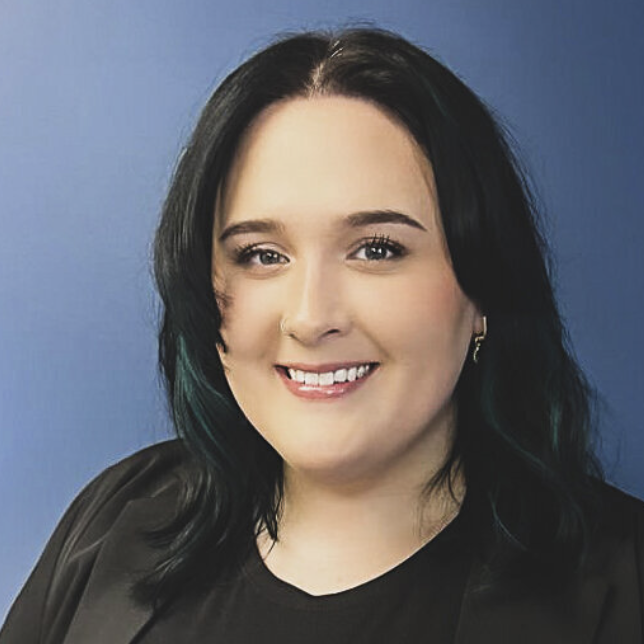
Written by: Tara Gray, M.A., CCC-SLP
Speech-Language Pathologist
Sometimes referred to as autism spectrum disorder, autism is a neurological difference resulting in differences from the expected cultural “norm.” Autism is a spectrum, meaning it is experienced differently from one autistic person to the next. Autistic kids (and adults) can experience differences in the areas of joint attention, language processing, cognitive processing, executive functioning (planning, memory, organization, etc.), sensory processing, and social communication [Rachel Dorsey, Autistic SLP]. These are general categories of autistic differences; however, these differences vary widely from one autistic child to the next.
A young child with joint attention difficulties may not demonstrate prolonged/sustained direct eye contact but may have increased peripheral vision or prefer looking at people in indirect ways (mirrors, cameras, etc.). Autistic children with language processing differences, may struggle to comprehend sarcasm and figurative language. Differences in executive functioning skills may be indicated by difficulties with schedule changes, strict adherence to rules, and difficulties maintaining attention to things they do not find interesting. Social communication differences may present as difficulties decoding the meaning of facial expressions or other nonverbal communication (rising tone at the end of a statement to indicate a question, changing volume to indicate varying emotions, etc.). Or an autistic child may not have any of these differences and have entirely different ones. As they say, if you’ve met one autistic person, you’ve met one autistic person.
Most of these differences are areas in which a speech-language pathologist can provide support. Speech-language therapy can work on improving joint attention skills, especially in young autistic children to aid in language development. Language processing is an area addressed constantly during speech-language therapy by means of improving grammar and vocabulary skills and applying those skills when asking/answering questions or participating in conversations. Executive function skills can be targeted during sessions when working on following directions, memory recall tasks, and more. Social communication support may help autistic kids learn, often confusing, social expectations to help them succeed in navigating a world not built for them.
Here at Small Talk Center for Speech and Language Development we work with autistic kids with a variety of identified differences and needs. We use evaluation measures, parent interviews, and our clinical knowledge to help identify these areas and inform a speech-language treatment plan and goals to best help each individual child. April is Autism Acceptance Month. Check out our Instagram, @smalltalkspeechmi, for more updates and information about autism and speech throughout the month! #celebratedifferences
